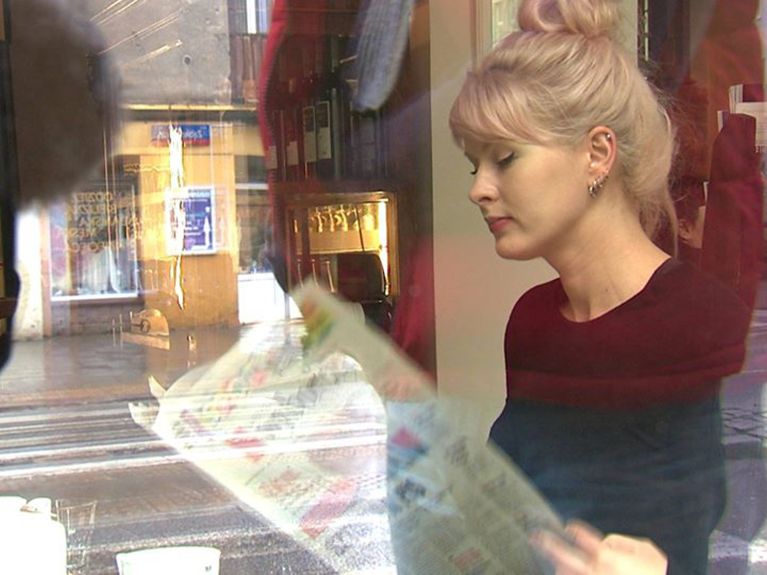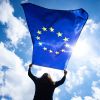A view of Europe from Poland
The union needs to communicate with its citizens in clear and inclusive language says Adriana Rozwadowska.

We have asked journalists from European states about the future of Europe – this is Adriana Rozwadowska’s response. She writes for the Polish daily newspaper Gazeta Wyborzca.
As a journalist I have often visited the European Commission’s Representation in Poland: show my ID, pass the first gate, take a lift operated by security personnel, then the second security check – and finally a huge, no doubt bullet-proof door. I’m pretty certain this is exactly how Polish people see the union.
“It’s an imaginary community that is of little benefit to us,” said President Andrzej Duda in 2018. But one year later, he suddenly remembered: “We are the union”. After that he managed to change his mind several times. In mid-January 2020, he said: “You will not impose on us in foreign languages the system that we are to have in Poland.” Two weeks later his message was: “Our membership in the EU is not endangered.”

The governing party Law and Justice (PiS) interprets the idea of a unified Europe not as a concept but instrumentally, in keeping with its own, often transitory, political interest. Like many right-wing parties in Europe, the PiS also aims to present the union as a cheap scapegoat for dissatisfied voters. Nevertheless, it looks as if Poland’s membership in the European Union is indisputable, with around 80 per cent of the country’s population in favour.
An abstract idea
So what am I still afraid of? Of what happened in Britain, and what even amazed the instigators of Brexit themselves: they opted for a high-risk bet, and then just happened to win. And this kind of approach is fertile. If you asked me about what idea Polish people have of the union, I’d answer: none. For Polish people, the union is an abstract idea. We haven’t grown into the union like the German or French people have. During the 16 years of their EU membership, polish people haven’t developed any sense of being part of a community with common interests, based on compromises.
So what exactly does the union mean to Polish people? On the one hand it means the absence of passport checks, and money from EU subsidies. On the other hand it means incomprehensible TV coverage of meetings, in which serious-looking gentlemen in suits and ladies in costumes discuss all the ins and outs of complicated regulations. Apart from this, both the Polish citizens and the politicians share the desire for as little influence as possible from the union on Poland.
The union itself needs to demonstrate more goodwill towards the citizens from new member states.
If the union wants to maintain its place as an important actor on the global stage alongside China and the USA, then it will need to strengthen its internal relations and move in the direction of federalism. But this route is going to be a tough one, so long as the only comprehensible alternative for citizens, which is also being propagated by politicians, is a return to the nation states. The failure to improve the image of the EU after Brexit was a very big mistake.
The union itself needs to demonstrate more goodwill towards the new member states, and to start speaking with a new, inclusive and understandable language. Otherwise the words of the Polish president who said “thanks to the EU, we can no longer buy normal light bulbs, only energy-saving ones, because the EU has banned them,” will continue to fall on fertile ground.
Adriana Rozwadowska has been working as a journalist since 2015 for the Gazeta Wyborcza, Poland’s largest daily newspaper. She covers the labour market, social issues and politics in the newspaper’s economics section.
You would like to receive regular information about Germany? Subscribe here:

